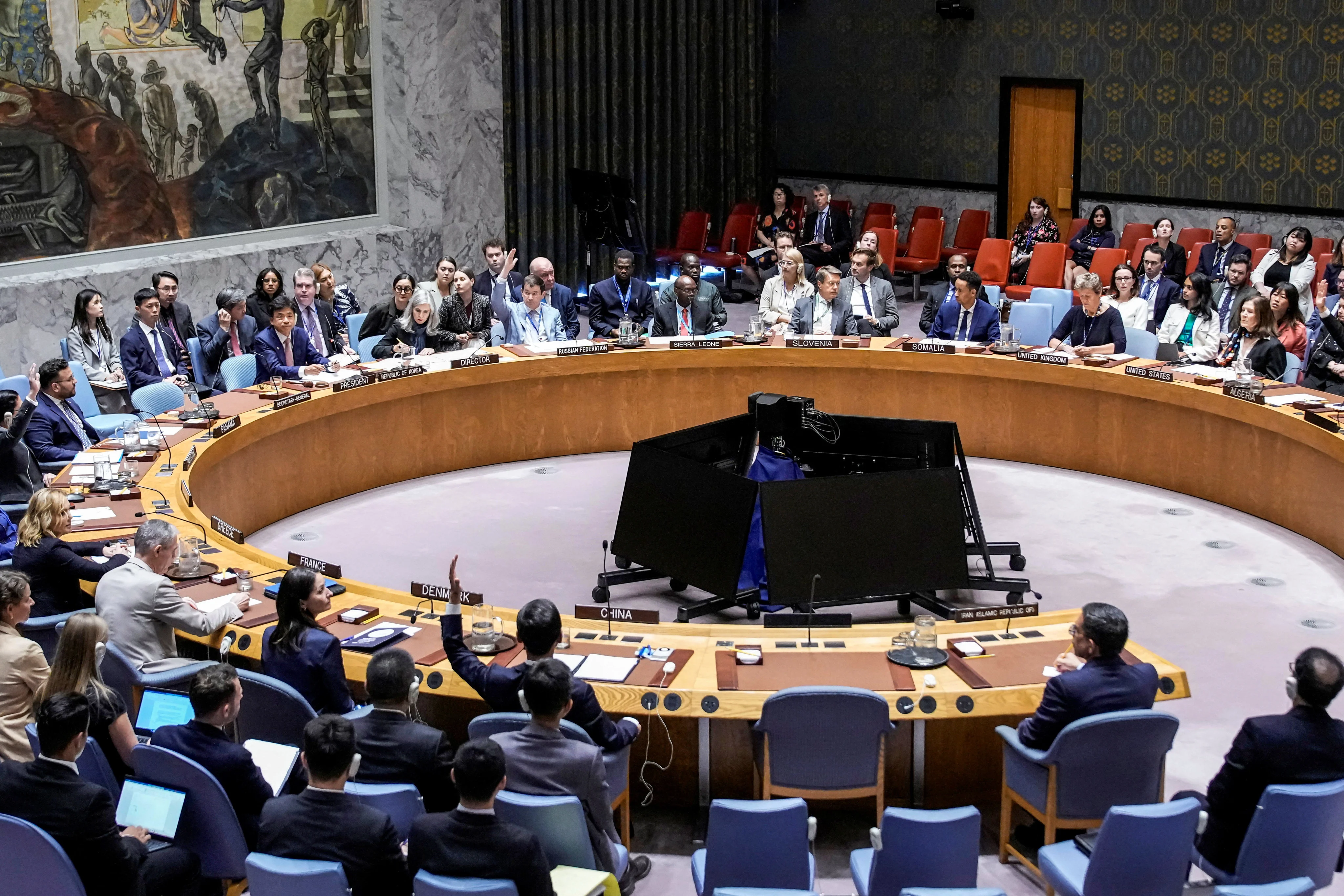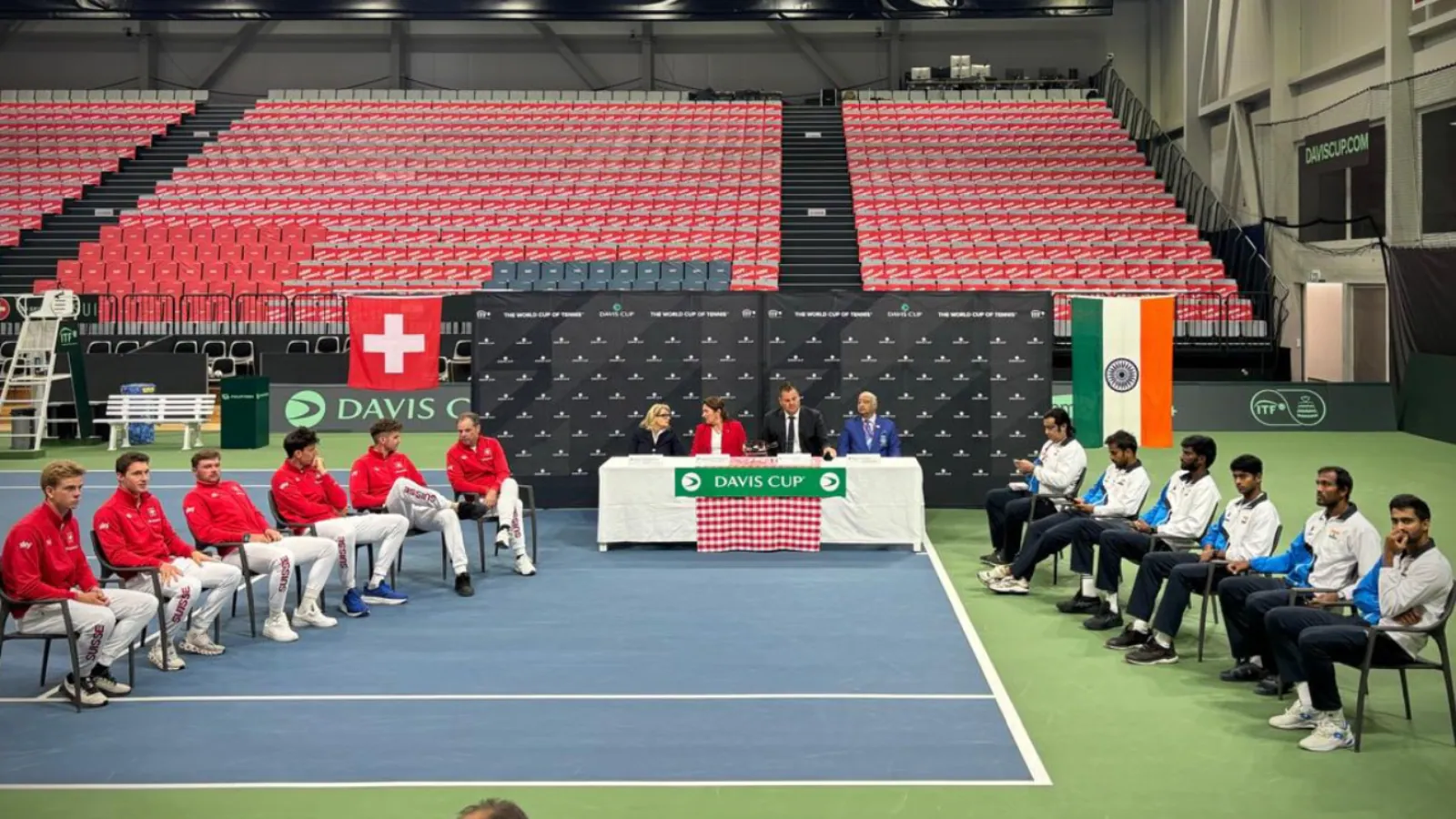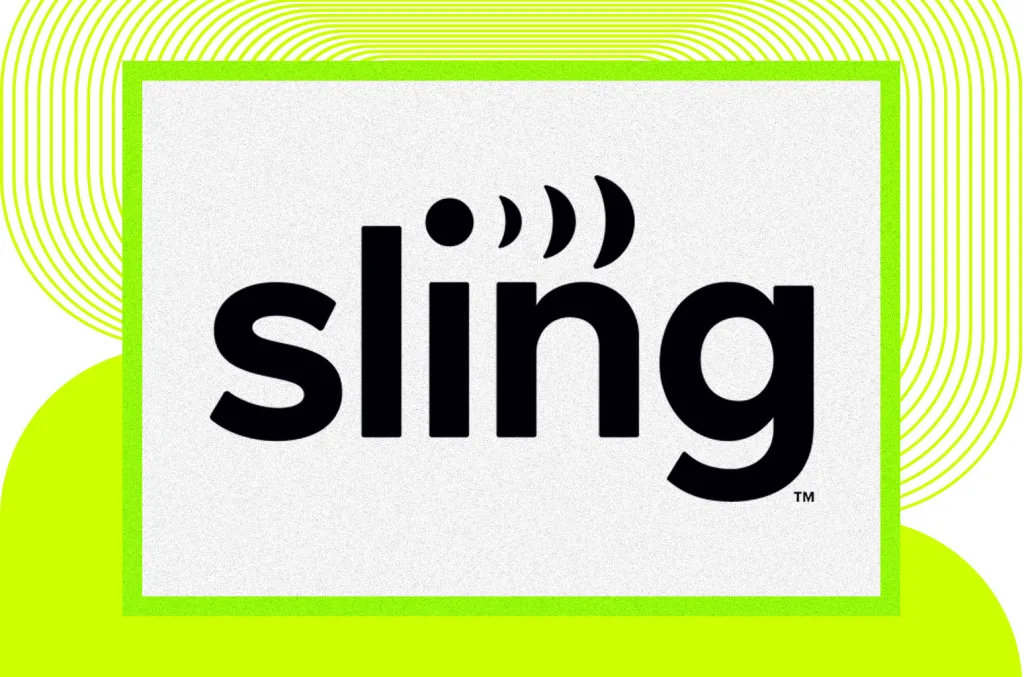By Laura Zhou
Copyright scmp

Iran has recalled its ambassadors to Britain, France and Germany, according to its state media.
The move came hours after the UN Security Council voted down a resolution backed by China and Russia seeking to prevent the reimposition of global sanctions against the Islamic republic.
China and Russia tabled a draft resolution on Friday aimed at halting the snapback mechanism under the Joint Comprehensive Plan of Action (JCPOA) of 2015. This mechanism, initiated by the United Kingdom, France and Germany, seeks to reimpose UN sanctions on Iran that were lifted under the JCPOA and Security Council Resolution 2231.
The proposal received four votes in favour – from China, Russia, Pakistan and Algeria – while Guyana and South Korea abstained. Nine council members voted against – the United States, Britain, Denmark, France, Greece, Panama, Sierra Leone, Slovenia and Somalia.
“Our country’s officials, while condemning this bullying and illegal process, have emphasised that the Islamic Republic of Iran will never surrender to bullying and pressure,” Iran’s official Islamic Republic News Agency reported on Saturday.
“Tehran has always stated that it remains ready for dialogue based on mutual respect and the real lifting of sanctions,” it added. “But any policy of pressure and threats will be met with a decisive response from the Islamic Republic of Iran.”
Beijing has warned that the re-establishment of sanctions could lead to a collapse of the Iran nuclear deal and a new security crisis in the Middle East.
Geng Shuang, China’s deputy UN envoy, cited “the ongoing conflict in Gaza and the overall turbulence in the Middle East” in stating that “a breakdown in the Iranian nuclear issue could trigger a new regional security crisis, which would not serve the common interests of the international community”.
“We urge the US to demonstrate political willingness, respond positively to Iran’s proposal to resume talks and make a clear commitment to refrain from launching further military strikes against Iran,” he said on Friday, according to a transcript released by the Chinese mission to the UN.
The Europeans should also “abandon the approach of imposing sanctions, pressure and coercion against Iran”, Geng added.
The vote on Friday took place as world leaders and officials gathered in New York for the 80th session of the UN General Assembly amid global uncertainty arising from trade tensions and geopolitical divisions.
Speaking to representatives at a general debate on Friday, Chinese Premier Li Qiang hit out at what he described as “the rise of unilateral and protectionist measures such as tariff hikes and the erection of walls and barriers”.
Beijing’s No 2 official also reiterated Beijing’s support for the UN’s central role in global affairs while calling for a “true multilateralism”.
Beijing and Moscow had sought to extend the JCPOA as well as the UN Security Council resolution 2231 endorsing the plan for six months, until next April.
Friday’s result meant that UN sanctions including a conventional arms embargo, a ban on uranium enrichment and limits on Iran’s ballistic missile programme, along with travel bans and asset freezes on Iranian figures and entities, would resume as early as Saturday night.
The European Union is expected to resume its measures next week.
All this is expected to further squeeze Iran’s already struggling economy, long battered by US sanctions and most recently by a weak currency and high inflation. It may also add pressure on Iran’s major trading partners like China, now the biggest buyer of its oil.
Geng said Beijing “deeply regretted” the vote and called for negotiations and diplomatic methods, which he called the “only feasible option” to resolve the Iran nuclear issue.
“The current situation has reached a critical and imminent stage. We call on all parties to remain calm and exercise restraint, continue to engage in dialogue and contact, and properly handle the current predicament to avoid an escalation of tensions,” he added.
However, the German foreign office described the vote as “not the end of diplomacy”.
“The E3 remain committed to a diplomatic solution,” it said in a social media post, referring to the three European signatories to the Iran nuclear deal.
The UN vote came on the heels of Tehran suspending its cooperation with the International Atomic Energy Agency after American and Israeli air strikes targeted Iranian nuclear facilities in June.
Earlier this month, Iranian Foreign Minister Seyed Abbas Araghchi said his country’s cooperation agreement with the UN nuclear watchdog would cease if UN sanctions were to return.
But in an interview in New York after the vote, Iranian President Masoud Pezeshkian said his government would not quit the non-proliferation treaty that commits signatories to refrain from building nuclear weapons.
Nevertheless, Pezeshkian said it was “unfair, unjust and illegal” to reintroduce sanctions.
“The wall of mistrust that has been created between us and the Americans is quite thick and quite high,” the Iranian leader added.
For years, China has been Iran’s largest trading partner, building on Beijing’s significant oil purchases and a comprehensive strategic partnership that dates to a 2016 pact spanning energy, infrastructure and defence.
In 2021, the two countries signed a 25-year comprehensive cooperation agreement to expand collaboration in areas ranging from economics and technology to energy and diplomatic support.
In 2023, in a move illustrating Beijing’s influence with Tehran, China surprised the world by brokering a peace deal between Iran and its long-time regional rival, Saudi Arabia.
When the US and Israel launched the air strikes in June, Beijing condemned what it called a “violation of Iran’s sovereignty, security and territorial integrity”.
Still, like other countries including Russia, Europe and the Arab states, China stopped short of intervening to halt the hostilities.
Days later, Chinese Defence Minister Dong Jun hosted his Iranian counterpart, Aziz Nasirzadeh, on a tour of the Type 052D destroyer Kaifeng on the sidelines of the Shanghai Cooperation Organisation defence ministers’ meeting in Qingdao.
Dong at the time condemned “hegemony” as the biggest source of global chaos.
Efforts to resolve differences between Iran and several Western countries suspicious of its nuclear ambitions date back over a decade.
The 2015 JCPOA, commonly known as the Iran nuclear deal, was reached after two years of talks between Iran and the five permanent members of the UN Security Council – Britain, China, France, Russia and the US – plus Germany and the European Union.
The agreement was intended to limit the development of Tehran’s nuclear programme in exchange for an easing of economic sanctions.
In 2018, then US president Donald Trump abandoned the agreement, calling it “a horrible one-sided deal that should have never, ever been made” and reimposed sanctions on Iran.
Since his return to the White House, Trump has reinstated a policy of “maximum pressure” against Iran, with repeated pledges that it cannot be allowed to possess nuclear weapons.
American sanctions now apply to all countries and companies with business links to Iran and cut the Islamic state off from the international financial system.
Europe, cautious about opposing the US stance, has followed suit by also suspending trade with Iran.



